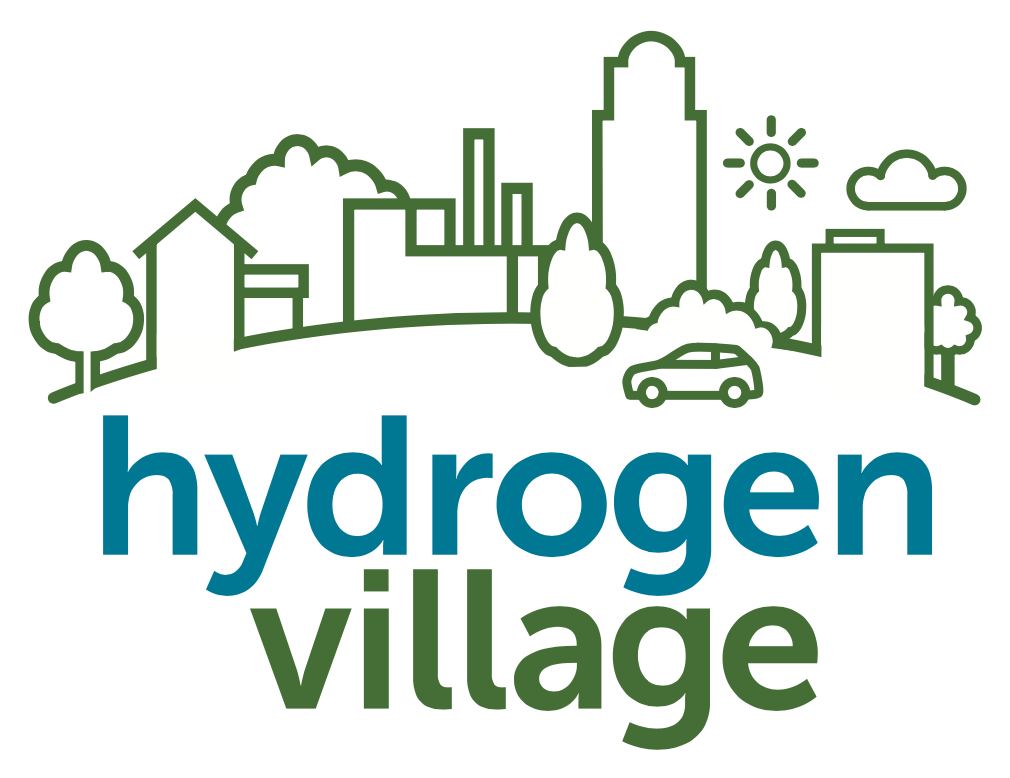Education
Is Hydrogen Safe?
Most people have little or no experience in handling hydrogen. By contrast, most people are quite familiar with gasoline, propane and natural gas. We have confidence in handling hazardous substances when we understand the risks and know the safe procedures. Hydrogen is not inherently more or less dangerous than other fuels, but the circumstances that give rise to risk are often different (as are the practices that enhance safety).
Internationally recognized standards exist for the safe use of hydrogen and for training of first responders. That is why hydrogen is commonly used as an industrial gas in many manufacturing processes, and why it is available at public refueling forecourts in Asia, Europe and North America. Currently, there are approximately 10,000 hydrogen-fuelled vehicles registered in California, supported by a network of roughly 50 hydrogen refueling stations.
Hydrogen can be dangerous if mishandled. However, with education and experience, the benefits of this zero-carbon fuel can be realized for society.
How Hydrogen Decarbonizes
Hydrogen is a molecule (H2) with no carbon. It can be burned like a fossil fuel, but produces no greenhouse gas emissions. It can be converted to electrical energy using a fuel cell. So, hydrogen can help to decarbonize heat, power and mobility, as well as many industrial processes that are otherwise hard to decarbonize. Here we learn about how these possibilities are realized by reviewing real-world examples.
View our newest video to learn about the future of fuel cell electric-vehicles and infrastructure.
Applications
-

Power
Electrical energy can be stored in hydrogen, as if it were a battery, and then converted back to electricity. Operators of electricity grids can use hydrogen as energy storage, allowing low-carbon power generators to continue producing even when demand for electricity is low, or if disconnected from transmission grids.
-

Mobility
Vehicles need power to move. That power can be generated by electric motors or by mechanical combustion engines, but both need a supply of energy (fuel) on board. Hydrogen works as a carbon-free fuel for all types of vehicles, capable of fast fill-ups and long-range capability.
-

Heat
Like propane and natural gas, hydrogen can be combusted to generate heat. Unlike fossil fuels, hydrogen has no carbon, so it produces no greenhouse gases when burned. Thus, hydrogen can be used a zero-carbon, gaseous fuel for space heating in buildings, process heat in manufacturing and even outdoor barbeques.
-

Manufacturing
Hydrogen is a critical material used in many industrial processes. If hydrogen from low-carbon sources is used, then it helps decarbonize production of manufactured goods, such as steel, cement, chemicals and fertilizers. Hydrogen is also a by-product of many industrial processes and can be captured for use in other applications.
What are ESG
Environmental, social, and governance (ESG) criteria are a set of standards for a company’s operations that socially conscious investors use to screen potential investments. Environmental criteria consider how a company performs as a steward of nature. Social criteria examine how it manages relationships with employees, suppliers, customers, and the communities where it operates.
Technologies
Hydrogen is present in substances all around us, such as water or methane. Separating hydrogen for use as a pure fuel requires the application of energy and the right technology. Some technologies have been used for many decades, such as electrolysers and steam-methane reformers. Some emerging methods mimic photosynthesis, producing hydrogen from sunlight, or use microwaves to extract hydrogen from natural gas. To generate power from hydrogen, fuel cells are a commonly used technology.
Fleet Manager Resources
-
Connect to Linkdin
Learn about the latest news or message us on Linkedin
-
Fleet Manager's Workshops
Fleet managers across Canada are being directed to achieve zero-emissions, zero-carbon vehicle operations. Easy to say but hard to do! Let us help.





